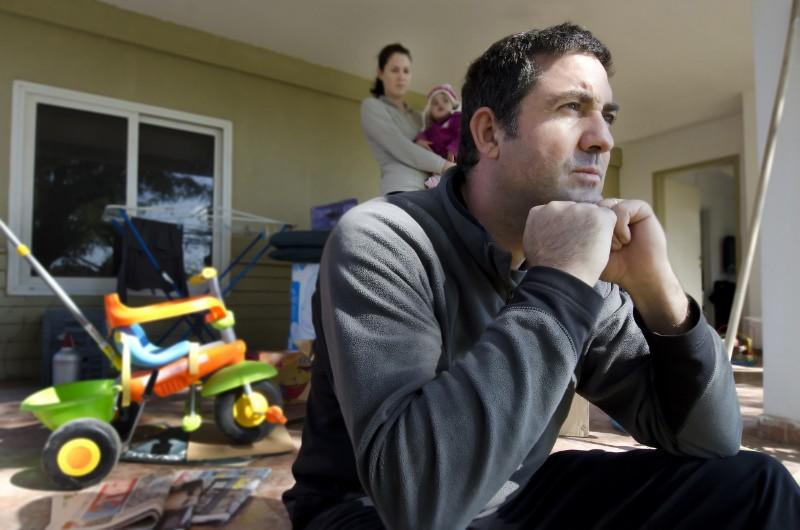Lawyer Collaborative law Paris
In family law, cooperation between parents is recommended, in particular through mediation, which is increasingly recommended by family judges, in an attempt to resolve conflicts.
A mediator who listens to both can sometimes be useful in trying to resolve family conflicts.
There are other amicable dispute resolution methods than mediation.
Collaborative law is another tool for resolving family disputes.
Very practiced in Anglo-Saxon law, collaborative law is starting to appear in France.
It is a tool, requiring for lawyers wishing to apply it to be trained. There can only be collaborative law if the two lawyers in attendance have both received training.
Collaborative law can be applied in all areas of law, but especially in family law where it is a shame to crystallize the conflict, which is particularly regrettable when there are children who suffer the consequences.
In conventional negotiations, each lawyer aims to defend his client, which does not exclude a certain latent aggressiveness, each lawyer tending to try to obtain the most favorable agreement for his client: the relationship rests on distrust. And there is always the underlying idea of bringing a dispute before the Tribunal, which risks further aggravating the conflict, leaving moreover to an overburdened Judge the task of deciding the dispute.
The position of lawyers in collaborative law is quite different.

-
By telephone :
-
By email :
-
We remind you :

The spouses sign a collaborative law contract with their lawyers and a real teamwork begins: the goal is to obtain an agreement that suits everyone, and that is sustainable.
Each lawyer then considers not only the interests of his client, but also the interests of the other party.
There are common interests and it is these common interests that must be found.
Four-way meetings take place taking into account the needs and interests of the two parties, who do not necessarily have only opposing interests, in order to find common interests.
These meetings are based on listening, trust, transparency, the role of lawyers consisting, together and with clients, in finding a lasting agreement. But for the collaborative process to succeed, customers must have this desire to succeed.
Collaborative law is considered very satisfactory by the lawyers and their clients who have practiced it.
Maître Laurence MAYER received level 1 and level 2 training in collaborative law in which she strongly believes. She was trained by the French Association of Collaborative Law Practitioners (AFPDC) of which she is a member.
And to complete this training, she followed a course on reasoned negotiation and obtained the "executive certificate law and negotiation" issued by the Ecole Centrale Paris.
She also received training in participatory procedures.
Unlike collaborative law, an amicable method of dispute resolution that is not included in the Civil Code, the participatory procedure has recently entered the Civil Code.
It is also an amicable method of dispute resolution that has proven itself. More flexible than collaborative law, it does not require that both lawyers be trained in collaborative law.
To find out more about collaborative law and the participatory procedure, and your lawyer, mediator in family law, consult her in her office located in Paris.
See also :


